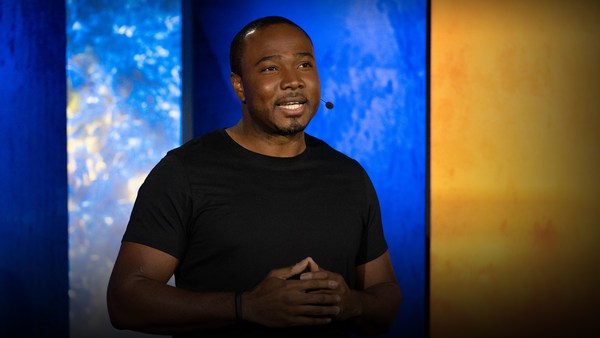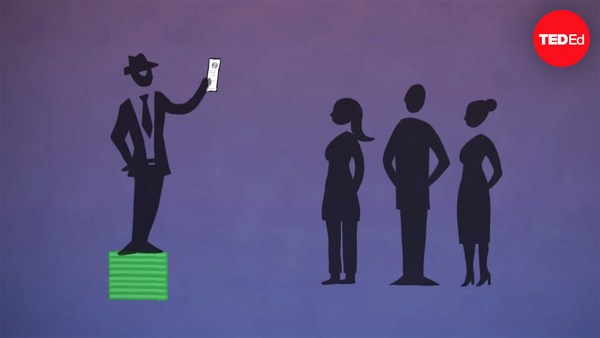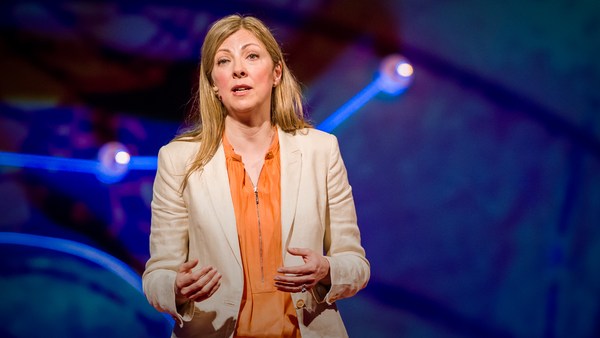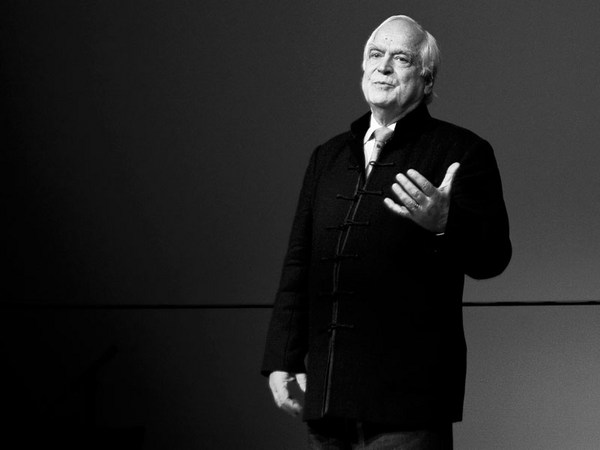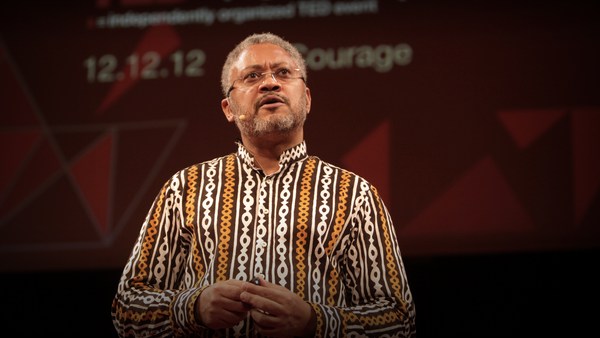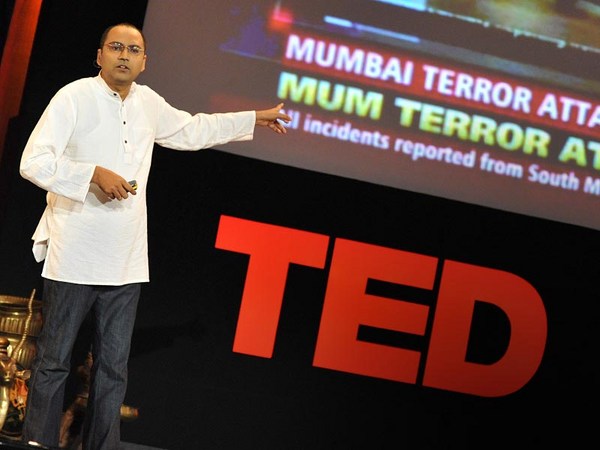Have you ever been robbed? Or had something you value forcibly taken from you against your will? It's violating. Feelings of fury, of assault and of helplessness. That's what corruption feels like. Corruption is theft. It is corrosive, it is criminal, it is toxic and it is predatory.
Now, I'm from Kenya, and in Kenya, corruption takes different forms. I want to share the story of Karura Forest with you. This is my hometown of Nairobi. I love Nairobi. It's beautiful. But it is a city of paradoxes. It is at once beautiful and challenging. But at the heart of this beautiful city that I call home is Karura Forest, an oasis of green, expansive beauty that would be the envy of any city anywhere. We almost lost Karura Forest to corruption. Word has reached my mother, Wangari Maathai, that Karura Forest is under attack. There was a construction site coming up right in the middle of the forest. Government officials had stolen the forest. They had divided, sold and gifted hundreds of parcels of Karura to their friends and cronies.
Now in 1977, my mother founded the Green Belt Movement to plant trees across Kenya, restore green spaces and protect green spaces, much like Karura Forest. She got together her friends and allies, and together, they created what became one of the most successful tree-planting campaigns in the world. It was therefore no surprise that when word got to her that Karura was under attack, they immediately sprang into action. They battled police and hired goons to stop the theft of this forest. But fortunately, there was an uprising of support from the clergy, politicians, students and the general public, all of whom came out to say no to corruption and greed. And pretty soon, that support was too strong and intense for the authorities to subdue. And Karura Forest was saved.
In the 2000s, I joined my mother in the Green Belt Movement and witnessed the growth of the movement's advocacy activities, its expansion beyond Kenya and an extremely important growing consensus around the 2004 Nobel Peace Prize that she received -- that the environment, democracy and peace were inextricably linked. I also learned that what my mother had faced that many years ago trying to protect Karura Forest was not an isolated incident. The corruption and greed that manifested itself then is alive and well today, from greedy politicians and public servants willing to loot public coffers at their expense.
Corruption is everywhere. Now, corruption is devastating to any economy, democracy and the environment. It robs citizens of vital social services and renders human life worthless. When young men are willing to join gangs and brutalize their communities for a small fee, and women are raped on the way to work, and, when they report this, the perpetrators bribe their way out of jail, and when young girls have to sell their bodies to buy sanitary towels, you know the society is broken.
In recent years, Kenya has been ranked amongst the top 10 most corrupt countries in the world. Even more frustrating for me is that Kenya loses a third of her national budget to corruption each year. That is six billion dollars. It is totally unacceptable. In a country where anti-corruption efforts have been frustrated and ignored and interfered with, we absolutely need new strategies for dealing with this vice. We cannot complain forever. We either decide that we're going to live with it or we are going to change it.
There's some good news. Human beings are not born corrupt. At some point, these behaviors are fostered by a culture that promotes individual gain over collective progress. So if we're going to uproot corruption, we have got to start before it ever takes root. We have got to intervene early. I don't know about your country, but where I come from, youth will lead us into the future.
In Kenya today, 80 percent of the population is under the age of 35. But by their own admission, they have conflicting values. Fifty-eight percent of young people in Kenya recently told us they will do anything to make money. An additional 45 percent said corruption is a legitimate tool for doing business. Seventy-three percent said they would not be willing to stand up for what they believe in for fear of retribution.
What I learned from my mother a few years ago was this concept of "the power of one" -- that each of us can be potent agents of change and that together, we are a force, that if we put our hands together, we can change the situation and no problem is too big. My mother understood this so profoundly that it was at the center of her work. Shifting cultures takes patience, persistence and commitment, and it is extremely slow and deep work. But if we are going to shift a culture, we have got to get that work started. And in the time since her passing, we have established a foundation in her name to do exactly that but to work with young people and children to begin to build character and personal leadership, to inspire purpose and integrity. But fighting corruption is not as easy as saying corruption is bad.
Now, here are three strategies that we are employing that we believe can be replicated in any school community. First, we must understand the why: Why does corruption happen in the first place? Do we call it for what it is -- theft -- or do we gloss over it with other words? When young children are able to model what it looks and feels like to deal with corruption, they are likely, when faced with a dilemma in their future, to model what they've been taught.
Second, we need to teach character explicitly. Now, this may seem obvious, but a child who exhibits a growth mindset and a sense of self-control is self-confident. And a self-confident child is likely to stand up for what they believe.
Third, we need to build personal leadership in our children early to give them an opportunity to know what it looks like to call corruption out when they see it, what it feels like to stand up and be counted when they're needed and, for me, to make the more and most important connection between human suffering on one hand and corruption, greed and selfishness on the other.
We have got to believe in our capacity to bring about the future we want to see, each of us in our small way. Young people must believe that a new reality is possible. Corruption, climate change, ecosystem collapse, biodiversity loss -- all these issues need leadership.
And in the words of Baba Dioum of Senegal, "In the final analysis, we will conserve only what we love, we will love only what we understand and we will understand only what we are taught."
Thank you.
(Applause)
